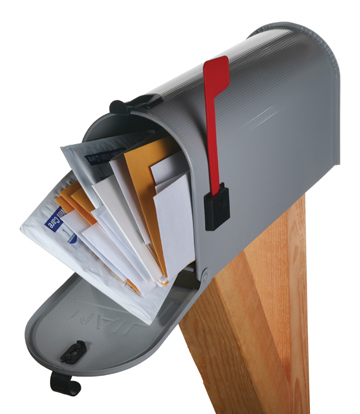 Most municipal wastewater and drinking water treatment plants received letters from the Indiana Department of Environmental Management (IDEM), Office of Air Quality (OAQ) in March or April. Now, you might be thinking that you only deal with water, so things dealing with the air do not apply to you. But, it does.
Most municipal wastewater and drinking water treatment plants received letters from the Indiana Department of Environmental Management (IDEM), Office of Air Quality (OAQ) in March or April. Now, you might be thinking that you only deal with water, so things dealing with the air do not apply to you. But, it does.
Background
The Environmental Protection Agency (EPA) is developing standards to control toxic air pollutants from area sources. Area sources consist of small facilities that release lesser quantities of hazardous air pollutants (HAPs) into the air. These standards are the National Emission Standards for Hazardous Air Pollutant (NESHAP) rules. The letter you may have received is focused on the Reciprocating Internal Combustion Engines (RICE) NESHAP.
IDEM is providing a chance for municipalities to become compliant under the State air regulations by decreasing violation fees if they participate in the Municipality and Drinking Water/Waste Water Stationary Internal Combustion Engines Initiative. To participate in the Initiative, the Municipality must complete the Notification included in the letter and submit it to IDEM by June 28, 2013.
Federal Requirements
On August 10, 2010 the EPA issued the RICE NESHAP. Typically, the engines applicable to this rule are used to generate electricity for pumps and compressors and are used as emergency backups. The RICE NESHAP requirements apply even if you do not need or have a state air permit.
The RICE NESHAP requirements are dependent on the type of engine, the horsepower, the type of fuel burned, and if it is used for emergency situations or peak shaving. The requirements can include the implementation of testing, use of pollution control equipment, monitoring and recordkeeping, and emission limits.
State Requirements
Every operation, business, or facility that has the potential to emit air pollutants, must determine if their operations require a state air operating permit.
As part of the Initiative, each facility will assess their equipment and determine if a state air permit is required. This is completed by conducting an inventory of all equipment and determining the amount and type of air pollutants that are emitted. Equipment can include: boilers, natural gas/digester gas heating units, sludge incinerators, generators, internal combustion engines, aboveground storage tanks for fueling operations, closed loop heating/cooling systems, on-site laboratories and oil removal. IDEM has several levels of air permits a facility could apply for based on the potential to emit pollutants on a tons per year basis. Under the Initiative, state permit applications are due by September 30, 2013.
Post comments/questions below or contact Amy Harvell.
Tags


